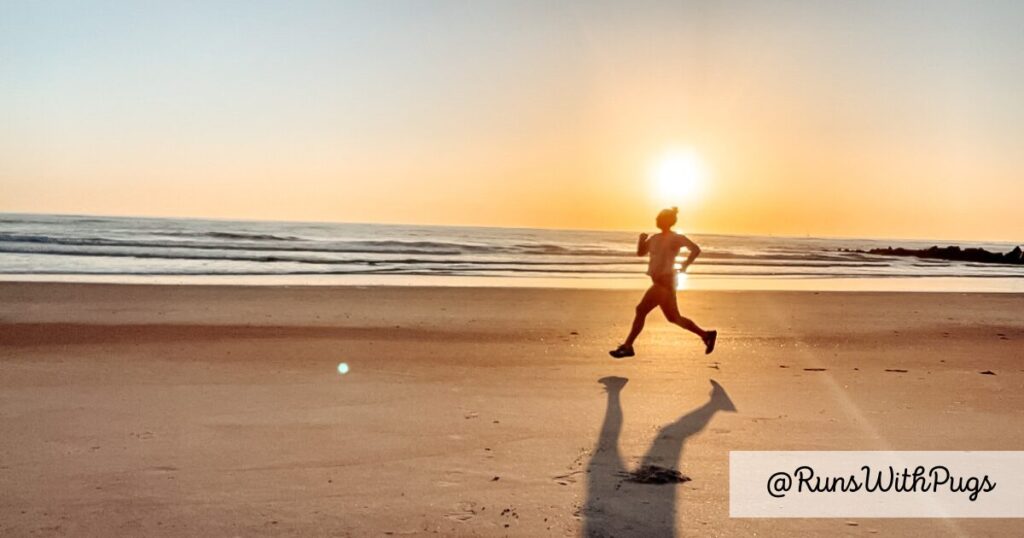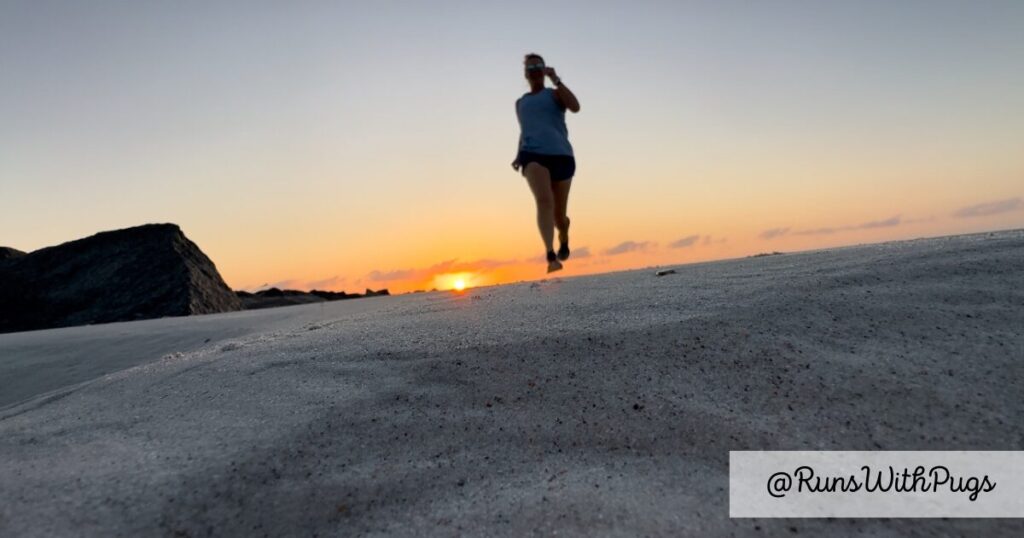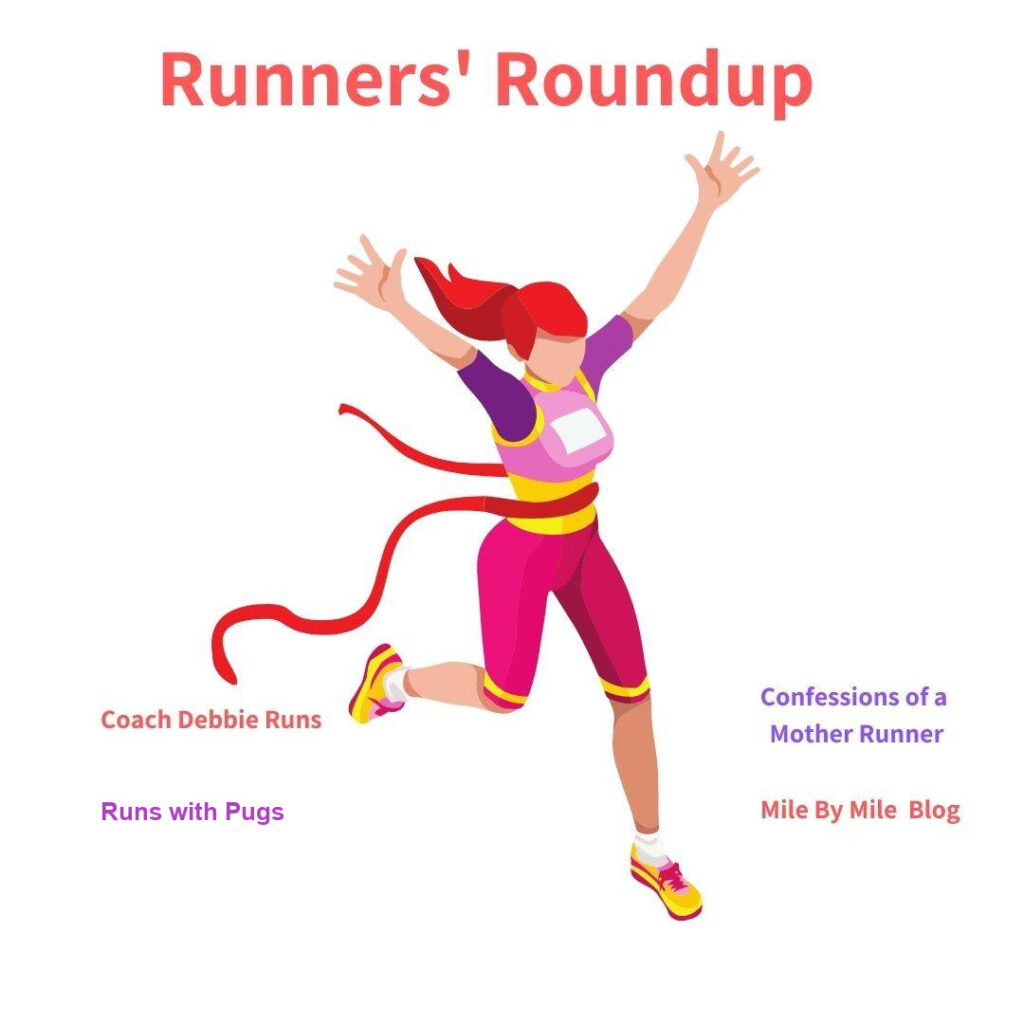We spend countless hours focusing on the physical aspects of running: our cadence, our pace, our gear. But the truth is, the toughest battles are usually won or lost in your mind. If you want to unlock a new level of performance and truly enjoy the process, the most powerful tool you have isn’t a new carbon-plated shoe, it’s gratitude.
This isn’t about forced positivity; it’s about actively recognizing the opportunity you have to move your body. Shifting your focus from what your run lacks to what it gives you can fundamentally change your training, your speed, and your recovery. Here is how cultivating a gratitude practice can make you a more resilient, happier, and even faster runner.

Gratitude Sharpens Your Mental Game
The running journey is full of disappointments: missed PRs, injuries, and comparing your splits to someone else’s. Gratitude acts as a powerful shield against these mental traps. When you focus on being grateful for your own ability to run (the health of your lungs, the strength of your legs) it’s impossible to simultaneously dwell on someone else’s pace. Gratitude keeps you focused on your lane and your own progress. Instead of beating yourself up over a bad run, gratitude allows you to quickly pivot. You can be disappointed in the time, but grateful for the mobility and the chance to learn from the effort. This mental resilience is crucial for marathon training and getting back out the next day. Finally, It’s easier to bail on a run when you view it as a chore. When you frame running as a privilege and an opportunity, the motivation to show up, even when it’s cold or dark, becomes intrinsically stronger.

The Physical Ripple Effect
The mental shift created by gratitude actually has measurable, positive effects on your physical body that directly benefit your training. For example, studies suggest that people who practice gratitude often report lower levels of perceived effort and pain during physical stress. By focusing on the good (the cool air, the beautiful sunrise), your brain modulates the signals coming from your fatigued muscles. Gratitude has been linked to lower levels of stress hormones (like cortisol) and improved sleep quality. Better sleep and less stress are the cornerstones of effective recovery, allowing your muscles to repair and adapt more efficiently. Recognizing the positive aspects of your life is an energy amplifier. When you start your run feeling positive and thankful for the time and ability, you simply feel more energized and less sluggish than when approaching the run with resentment or obligation.

Ways to Practice Gratitude on the Run
Incorporating gratitude doesn’t require a complicated meditation practice. You can use your run itself as the time to build this essential mental muscle. During the first mile, consciously list five specific things you are thankful for about that run. This could be the functional traffic light, the cool shade, a smooth sidewalk, your comfortable socks, or simply that you have the time to be out there. When you feel discomfort (a burning lung, a tight hamstring), avoid dwelling on the pain. Instead, consciously thank that body part for the work it’s doing. “Thank you, lungs, for pulling in the air. Thank you, legs, for carrying me this far.” This reframes the pain as effort. During a particularly tough hill or into a biting wind, silently acknowledge the obstacle and then thank it for making you stronger. “This hill is hard, and I am grateful for the strength it is forcing me to find.”

Your heart and mind are your most valuable pieces of running gear. By consciously training your mind to focus on thankfulness, you don’t just become a happier person, you become a more durable, consistent, and resilient runner.
Start small today: Before your next run, take three deep breaths and list one thing you are truly grateful for about your body or your routine. Watch how quickly that small shift in mindset translates to miles of grace and speed on the road.
Join the Runner’s Roundup!
Link up each week to post your favorite running tips, experiences, race and training recaps, workouts, gear, and coaching ideas. Join your hosts Coach Debbie Runs, Confessions of a Mother Runner, Mile by Mile, and Runs with Pugs, each week for the Runners’ Roundup linkup! Your link must be running related. Unrelated links will be removed. You must link back to your hosts — it’s common courtesy and a lot more fun! Spread the link-up love by visiting at least two other #running bloggers! Leave a comment and find new blogs to read! Use hashtags #running and #RunnersRoundup to stay in touch and promote your content!






This is so true! I think since there have been times I haven’t been able to run, and now because it’s harder to fit in, I’ve become even more grateful for it. Even on the days I don’t want to run or when a run doesn’t go well I try to remind myself that I get to do this.
I love this so much! We’re kind of on the same page today. Being grateful for running and all it brings to our lives helps in so many ways to make our lives better.
I couldn’t agree more.
I keep telling myself: I don’t have to run. I get to run.
Many cannot. There were times when I could not.
And that’s the truth!